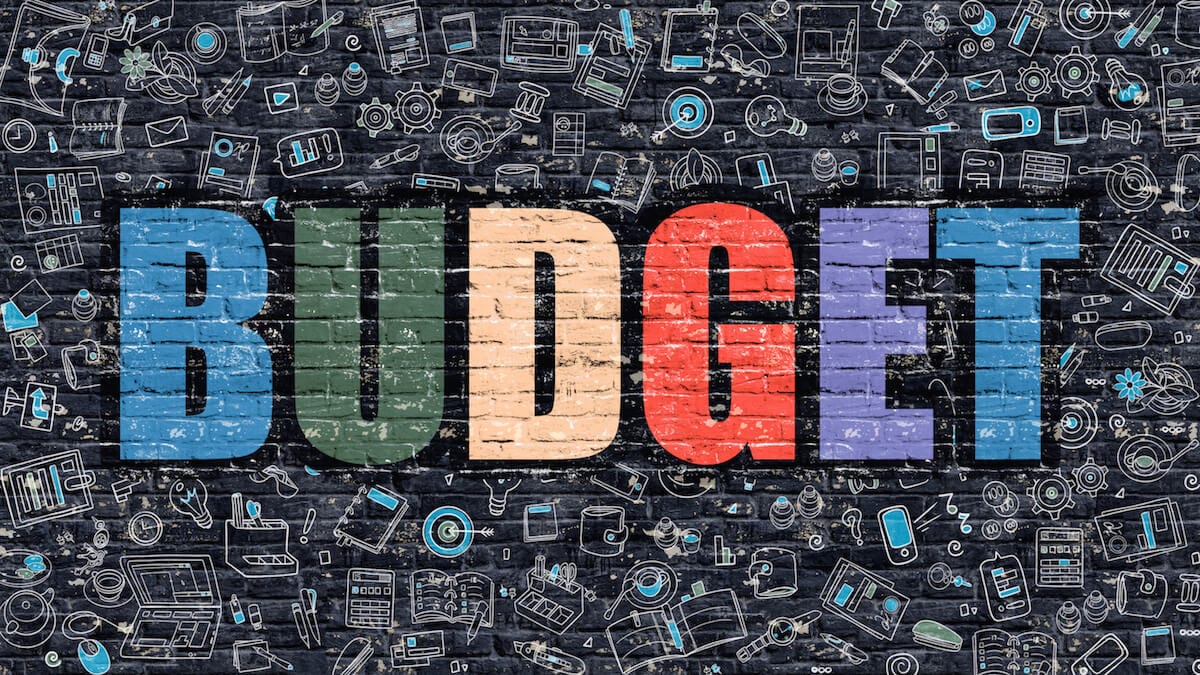So, the Conservative party have issued their first budget for 20 years and it was packed with changes. Like most budgets, each piece of legislation is good for some bad for others but now we’ve had some time to think it over, here are our highlights.
INCOME TAX THRESHOLDS
From April 2016:
The Personal Allowance is to increase to £11,000.
Higher rate tax threshold will increase to £43,000.
Personal Allowance up to £11,000 from 2016/17, higher rate threshold up to £43,000. Small business owners, start planning! #budget2015
— Raedan (@raedanCA) July 8, 2015
EMPLOYMENT ALLOWANCE
This has both been retained and increased to £3,000. For companies with employees this should help with annual costs and may encourage new employment. For a Director only company, you should look to take the full £11,000 Personal Allowance as your wage next year. You won’t pay Employers NI and the Employee’s NI you do pay will be outweighed by the overall Corporation Tax saving.
CORPORATION TAX
The Corporation Tax Rate will decrease to 19% from 2017 and 18% from 2020.
DIVIDEND TAX SYSTEM
This may be the biggest change for business owners, the dividend tax credit will be abolished and in it’s place a tax free allowance of £5,000. Any dividends over this amount will then be taxed as follows:
Higher Rate
Additional Rate
32.5%
38.1%
It’s suggested this is to deter tax-motivated incorporation but for owner managers with basic tax affairs, using the ‘small wage plus dividends’ approach to remuneration, whose combined remuneration is under the Higher Rate threshold, you may be better off, even having paid more tax.
How does this work?
With the Dividend Tax Credit system, to keep your remuneration below the Higher Rate threshold, your dividends were limited by the Gross Dividend (including the Tax Credit) but you only received the Net. Now that’s gone, the amount of dividend you receive will be the same as the Gross i.e. 10% higher. So even after paying 7.5% tax you’ll have more in your personal bank account.
Gross Dividend
Net Dividend
Tax Paid
Total Received
£32,000
£28,800
£nil
£28,800
£32,000
£32,000
(£2,025)
£29,975
This is of course based on various assumptions and you should always discuss your personal tax position with your advisor.
PEER-TO-PEER ISAS
This one didn’t get much attention at first but from 6 April, peer-to-peer loans could be held in ‘Innovative Finance ISAs’ to shield the interest received from tax and encourage investment.
The Government is consulting on which crowdfunding platforms could be included in the scheme. This could be great news for startups as it should encourage further investment through peer-to-peer lending.
CONCLUSION
It’s one of the more ‘interesting’ budgets for some time, plenty to think about for owner managed businesses but for a lot of small companies it would seem that the good outweighs the bad.
MORE BLOG POSTS FROM RAEDAN
The Basics of Accounting: 15 Tips for Business Owners
Running a business is exciting, but staying on top of your finances can mean the difference between thriving and merely surviving. With the right habits and tools, the basics of accounting become far easier than most people expect. Here are 15 practical accounting...
How a Start Up Business Accountant Can Take Your Business to the Next Level
Updated on 20th October 2025 Finance is regularly considered one of the core pillars of any successful business. While money may not literally make the world go round, it is a crucial factor in measuring the success of your start-up and guiding it on its next steps....
8 Essential Accounting Tips For Startups
When you decide to start your own business it often means figuring things out as you go along, which isn’t always a bad thing. In fact this is how true innovation takes place, at least from what we have seen. But having a few aces up your sleeve when you are first starting out can really help you in the long run. After all, getting a successful startup off the ground can be tricky.









